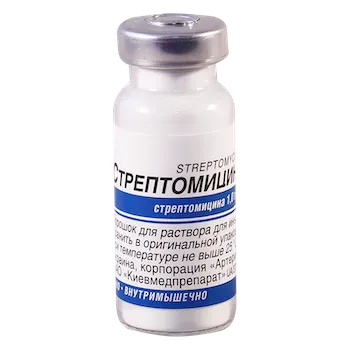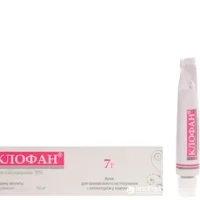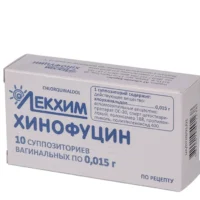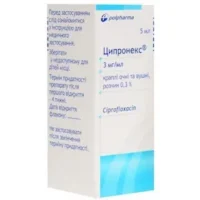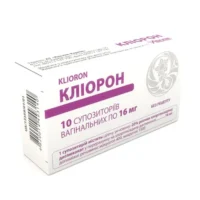Description
Streptomycin (Streptomycin) Powder for Solution for Injection 1 g. №1 Vial
Ingredients
- Active ingredient: Streptomycin sulfate
Dosage
- Dosage: The usual dose is 15 mg/kg body weight given once daily or in divided doses every 12 hours.
Indications
- Indicated for: Treatment of tuberculosis, plague, tularemia, and other bacterial infections.
Contraindications
- Contraindications: Hypersensitivity to streptomycin, myasthenia gravis, and severe renal impairment.
Directions
- Administration: Administered by deep intramuscular injection or slow intravenous infusion.
Scientific Evidence
Streptomycin, a broad-spectrum antibiotic, has been extensively studied for its efficacy in treating various bacterial infections. It is particularly effective against Mycobacterium tuberculosis, the causative agent of tuberculosis. Clinical trials have shown that streptomycin reduces the bacterial load and improves treatment outcomes in patients with drug-susceptible tuberculosis.
Additional Information
Streptomycin inhibits protein synthesis in bacteria, leading to cell death. Its mechanism of action involves binding to the 30S subunit of the bacterial ribosome, disrupting the translation process. This unique mode of action makes streptomycin valuable in treating multidrug-resistant tuberculosis strains.
When compared to other first-line anti-tuberculosis drugs like isoniazid and rifampicin, streptomycin plays a crucial role in combination therapy, especially in cases of drug resistance. Research suggests that using streptomycin in combination regimens can enhance treatment outcomes and reduce the risk of drug resistance development.

